Peter R. de Vries: who shot the Netherlands’ most famous crime journalist?
Award-winning underworld reporter in serious condition after Amsterdam attack
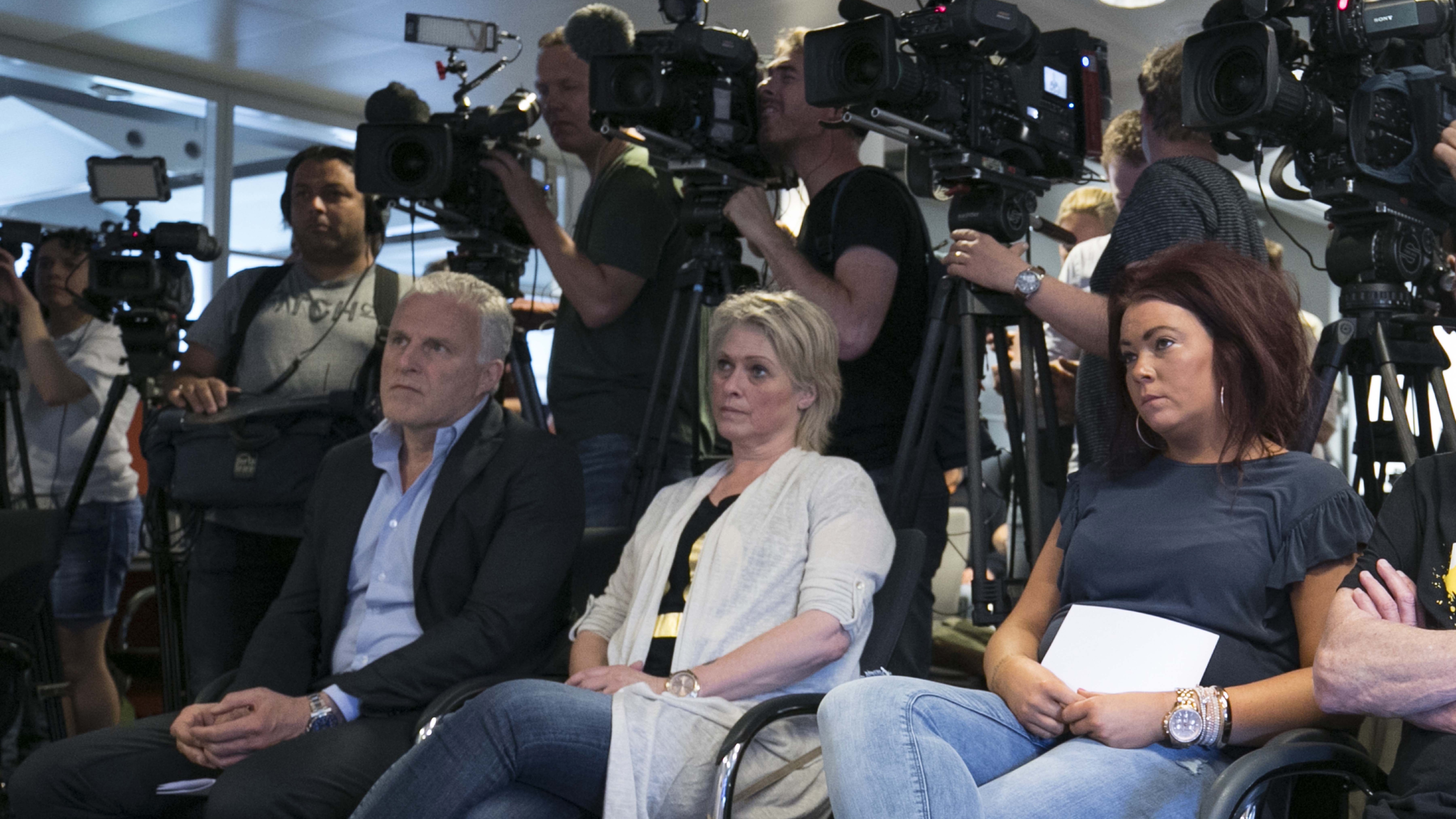
A free daily email with the biggest news stories of the day – and the best features from TheWeek.com
You are now subscribed
Your newsletter sign-up was successful
An internationally renowned journalist is fighting for his life in hospital after being shot in the head on a street in central Amsterdam.
Peter R. de Vries, who is “widely known and praised for his investigative work on the Dutch criminal underworld”, was gunned down last night as he left a television studio in the Dutch capital after appearing as a guest, Euronews reports.
‘Shocking and inconceivable’
The Week
Escape your echo chamber. Get the facts behind the news, plus analysis from multiple perspectives.

Sign up for The Week's Free Newsletters
From our morning news briefing to a weekly Good News Newsletter, get the best of The Week delivered directly to your inbox.
From our morning news briefing to a weekly Good News Newsletter, get the best of The Week delivered directly to your inbox.
Two men were arrested in a car on the A4 motorway at Leidschendam “hours after the attack”, the BBC reports. The suspects - a 35-year-old Polish national living in the central Netherlands town of Maurik and a 21-year-old man from Rotterdam - are due to appear in court on Friday. An 18-year-old was also arrested separately in Amsterdam, but has been released from custody and is not considered a suspect, police said in a statement.
Witnesses told Dutch broadcaster RTL that de Vries was shot up to five times, including once in the head.
Caretaker Prime Minister Mark Rutte has described the shooting as “shocking and inconceivable”. Addressing press at The Hague, Rutte said: “It is an attack on a courageous journalist and therefore an attack on the freedom of the press which is so essential for our democracy and our rule of law.”
Amsterdam Mayor Femke Halsema told a televised news conference that De Vries, who is “a national hero to us all”, had been “seriously wounded and is fighting for his life”.
A free daily email with the biggest news stories of the day – and the best features from TheWeek.com
The “celebrity journalist” has won many fans by “speaking on behalf of crime victims”, but has previously required police protection “after receiving threats related to his involvement in high-profile criminal cases as a reporter and in court”, The Telegraph reports.
One such case was the 1983 abduction of beer billionaire Freddy Heineken. De Vries wrote a book about the investigation that was adapted into a film starring Anthony Hopkins, Kidnapping Mr. Heineken, in 2015. The following year, the journalist “filed a death threat complaint against one of the men involved in the kidnapping, notorious gangster Willem Holleeder”, says the newspaper.
De Vries went on to win an international Emmy Award for a televison programme that he made about the disappearance of US teenager Natalee Holloway, who vanished from the Caribbean island of Aruba in 2005.
More recently, he had been “acting as a counsellor, but not lawyer, to a state witness identified as Nabil B.” in a case related to Ridouan Taghi, a Moroccan-Dutch national on trial on drug trafficking and murder charges, CNN reports.
Taghi is the “suspected boss of the internationally operating ‘Marengo’ gang” and is “feared as an unscrupulous underworld boss”, RTL reports. He is being held in Nieuw Vosseveld, a maximum security prison in the southern Netherlands, and was on Europol’s “most wanted” list prior to his arrest in Dubai in December 2019.
Following his arrest, Taghi “took the unusual step of making a public statement denying reports that he had threatened to have de Vries killed”, says CNN. Nabil B.’s then lawyer had been shot and killed on an Amsterdam street months earlier.
Dutch police have not confirmed whether de Vries was under police protection when he was attacked yesterday, and there is no evidence that Taghi was involved.
‘Extreme gang violence’
The shooting of de Vries “has shaken the Netherlands”, with messages of concern about “the safety of all journalists coming from leading figures across the country”, the BBC reports.
In a tribute to de Vries, Justice Minister Ferd Grapperhaus said that the “extraordinary journalist” was an “admirable warrior against injustice for the underdog”. The Netherlands’ King Willem-Alexander and Queen Maxima said they were “deeply shocked” by the attack, adding: “Journalists must be free to carry out their important work without threats.”
Fears for the safety of the country’s journalists have been mounting in the past decade, with Vice reporting last year that the “quiet corner of northern European” has become “a theatre of extreme drug warfare”. Along with Belgium, “underworld violence is on the up in the otherwise peaceful” country, said the news site, “and it’s all linked to the international cocaine trade”.
A “huge chunk of Europe’s coke comes through Rotterdam and Antwerp”, according to Vice, prompting “global crime syndicates” - “from Belgian and Dutch drug businesses to Italian mafias, British firms and mobs from Africa and eastern Europe” - to establish “permanent bases” in the Netherlands “to keep business running smoothly”.
Dutch society has also been hit by an outbreak of violent anti-lockdown protest, with a pipe bomb explosion at a Covid-19 testing centre in the northern town of Bovenkarspel in early March prompting fears that the demonstrations were also linked to the rise of organised crime.
Reporters Without Borders’ latest World Press Freedom Index puts the Netherlands in sixth place out of 180 countries, behind Norway, Finland, Sweden, Denmark and Costa Rica.
But the shooting in Amsterdam marks a “dark day, not only for the people close to de Vries, but also for the freedom of the press” in the Netherlands, Security Minister Ferdinand Grapperhaus said yesterday.
“We want journalists in the Netherlands to be able to carry out any investigation that needs to be carried out in freedom,” Grapperhaus added.
“This freedom has been seriously undermined tonight.”
-
 Local elections 2026: where are they and who is expected to win?
Local elections 2026: where are they and who is expected to win?The Explainer Labour is braced for heavy losses and U-turn on postponing some council elections hasn’t helped the party’s prospects
-
 6 of the world’s most accessible destinations
6 of the world’s most accessible destinationsThe Week Recommends Experience all of Berlin, Singapore and Sydney
-
 How the FCC’s ‘equal time’ rule works
How the FCC’s ‘equal time’ rule worksIn the Spotlight The law is at the heart of the Colbert-CBS conflict
-
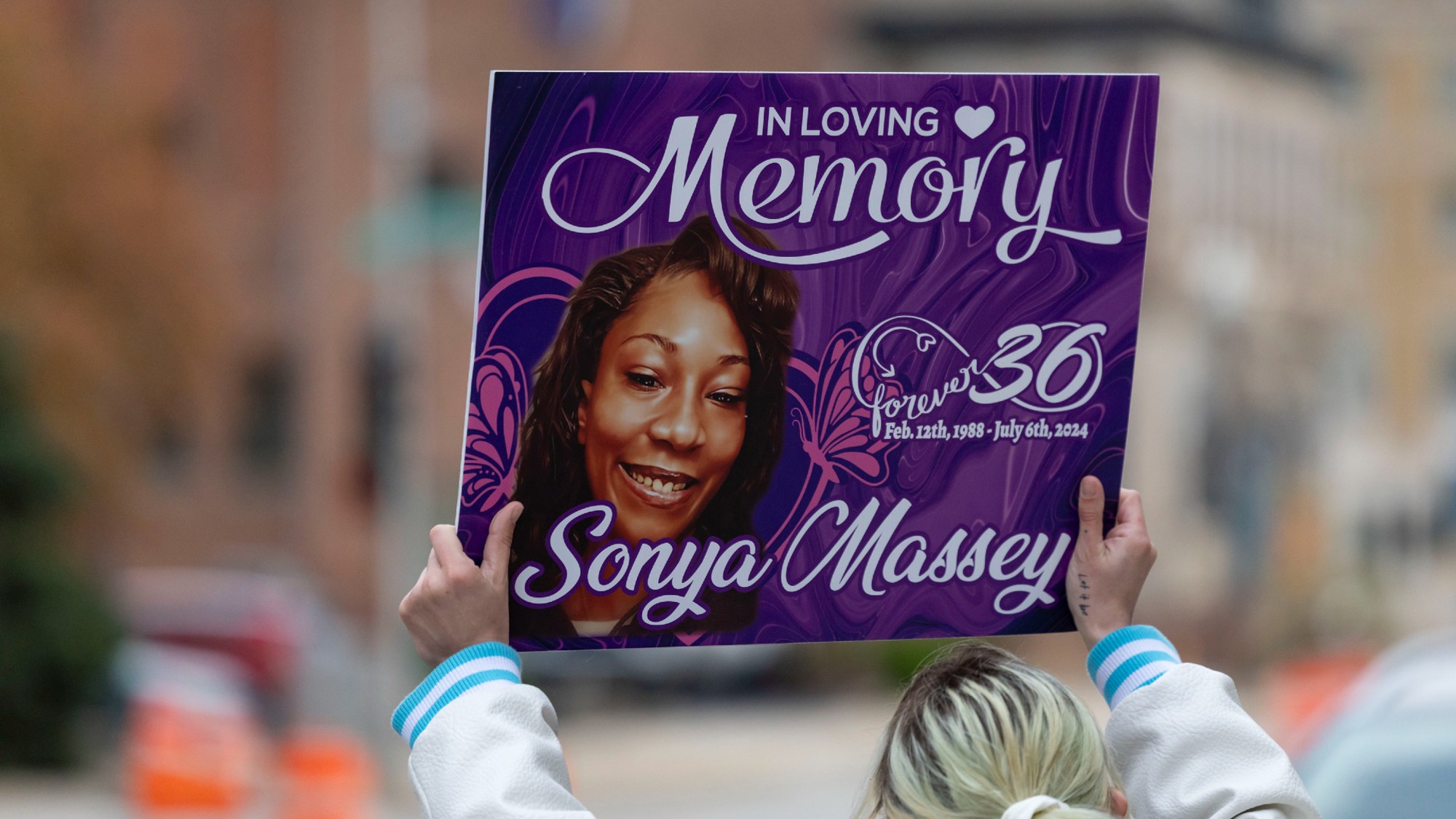 Ex-Illinois deputy gets 20 years for Massey murder
Ex-Illinois deputy gets 20 years for Massey murderSpeed Read Sean Grayson was sentenced for the 2024 killing of Sonya Massey
-
 Why have homicide rates reportedly plummeted in the last year?
Why have homicide rates reportedly plummeted in the last year?Today’s Big Question There could be more to the story than politics
-
 How the Bondi massacre unfolded
How the Bondi massacre unfoldedIn Depth Deadly terrorist attack during Hanukkah celebration in Sydney prompts review of Australia’s gun control laws and reckoning over global rise in antisemitism
-
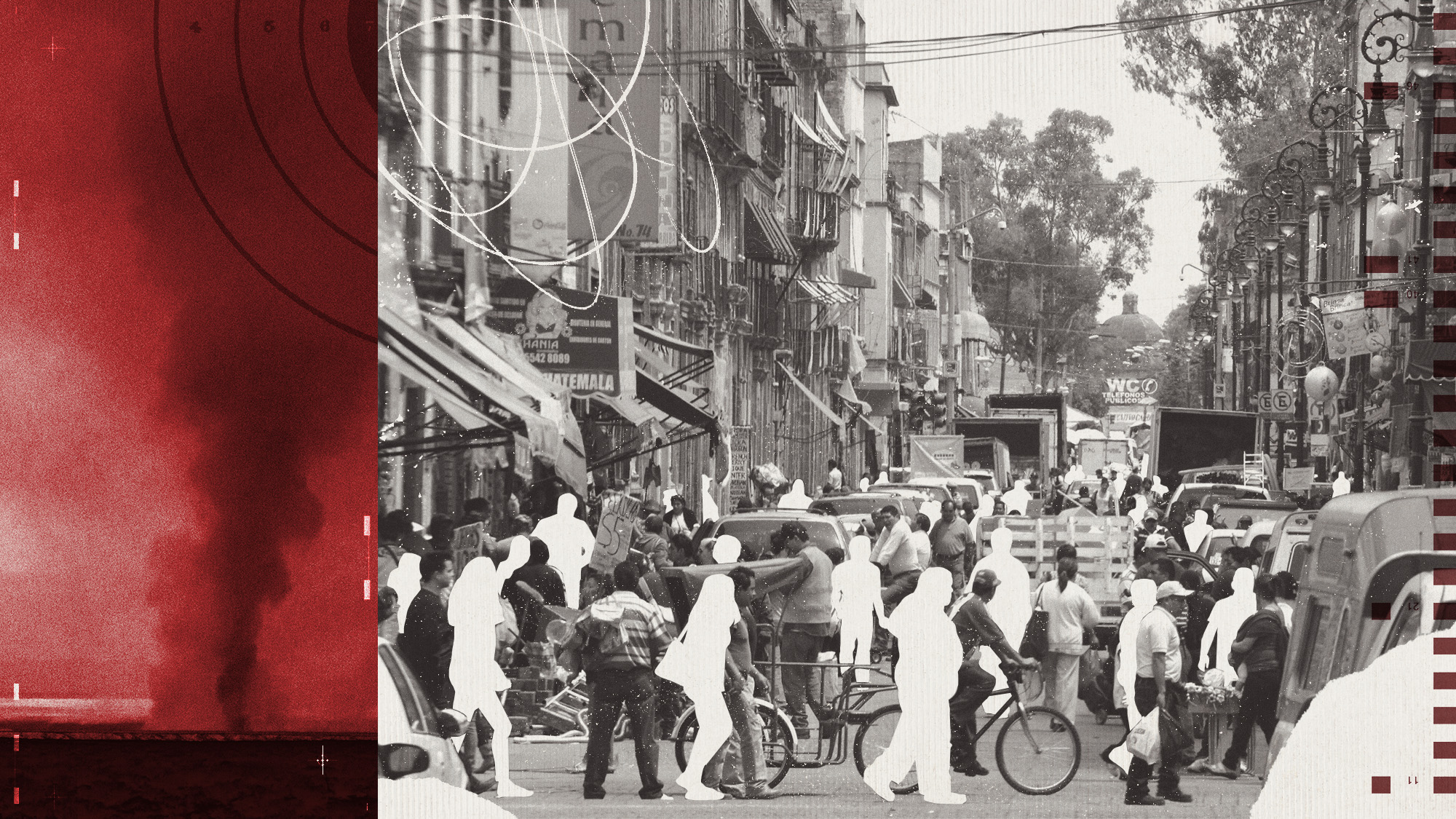 Mexico’s forced disappearances
Mexico’s forced disappearancesUnder the Radar 130,000 people missing as 20-year war on drugs leaves ‘the country’s landscape ever more blood-soaked’
-
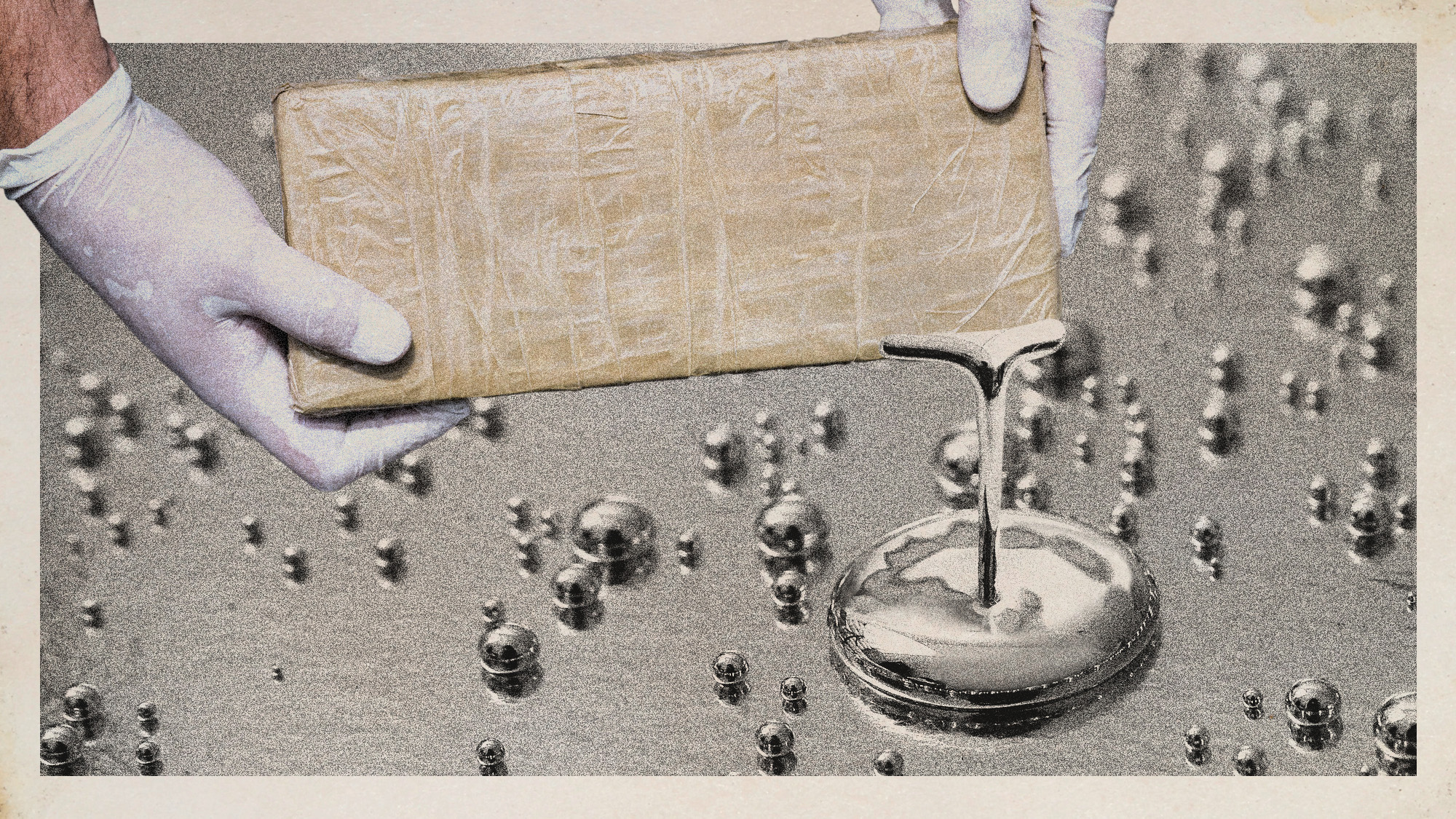 Illicit mercury is poisoning the Amazon
Illicit mercury is poisoning the AmazonUnder the Radar 'Essential' to illegal gold mining, toxic mercury is being trafficked across Latin America, 'fuelling violence' and 'environmental devastation'
-
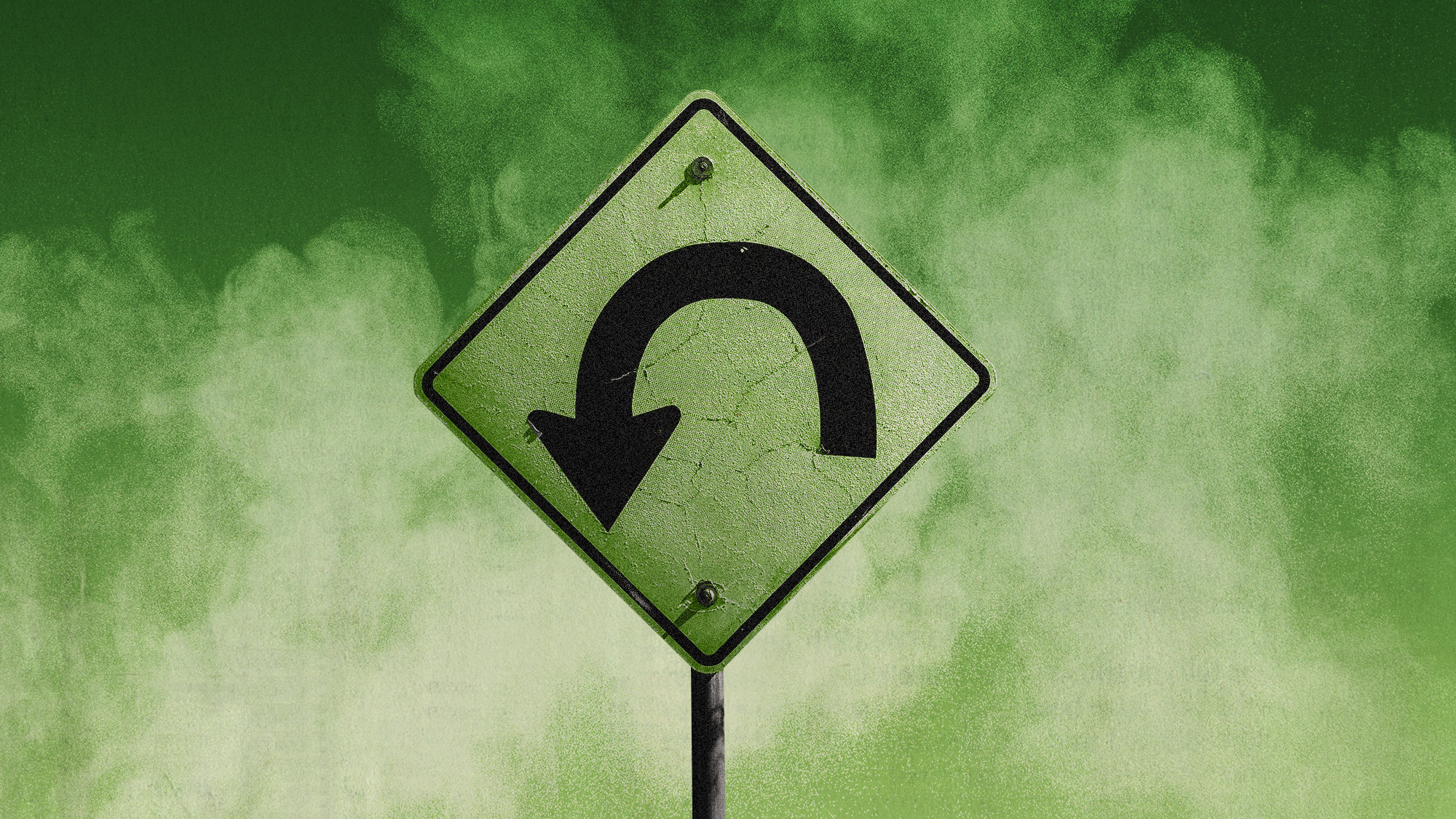 Thailand is rolling back on its legal cannabis empire
Thailand is rolling back on its legal cannabis empireUnder the Radar Government restricts cannabis use to medical purposes only and threatens to re-criminalise altogether, sparking fears for the $1 billion industry
-
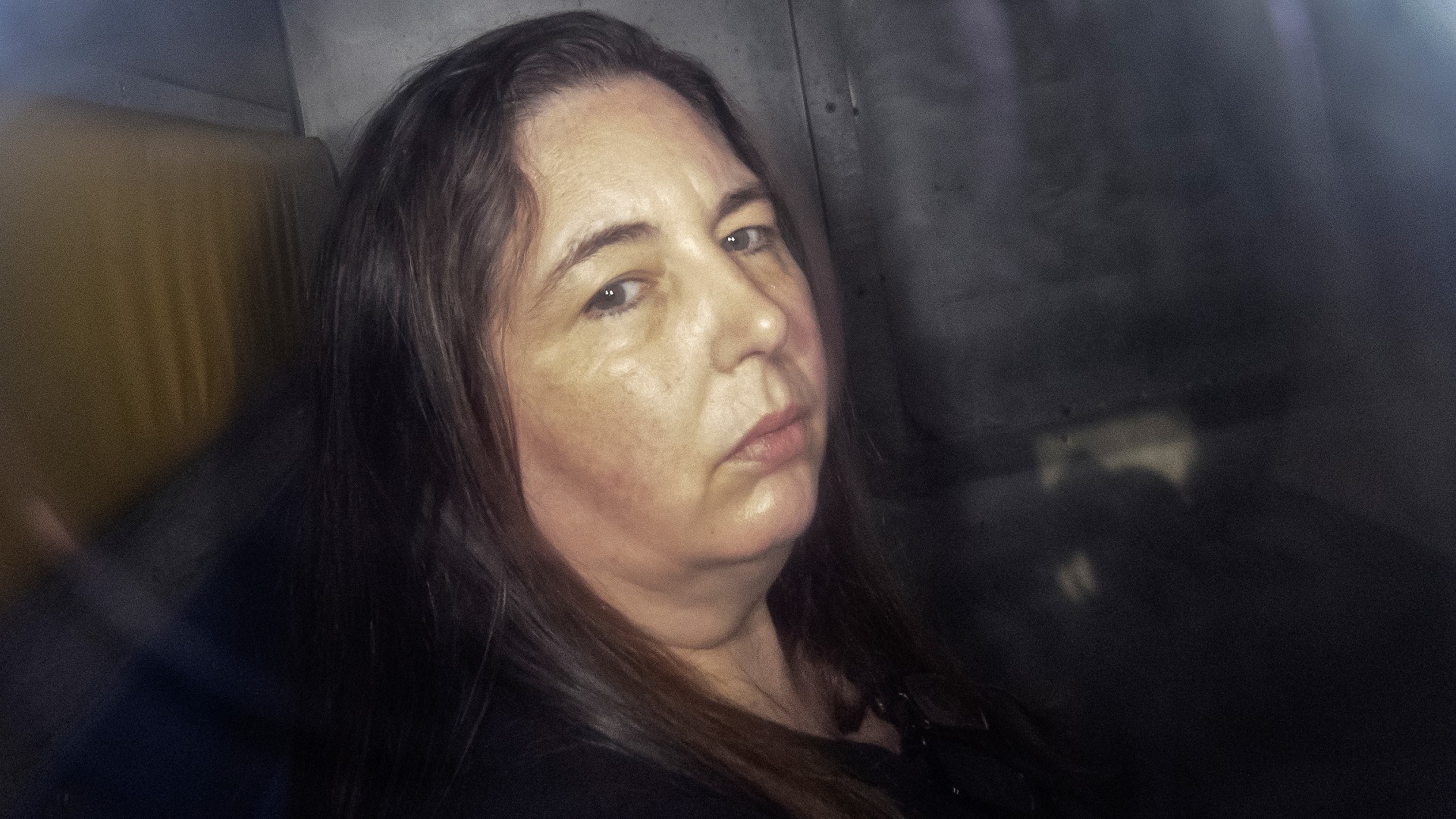 Australian woman found guilty of mushroom murders
Australian woman found guilty of mushroom murdersspeed read Erin Patterson murdered three of her ex-husband's relatives by serving them toxic death cap mushrooms
-
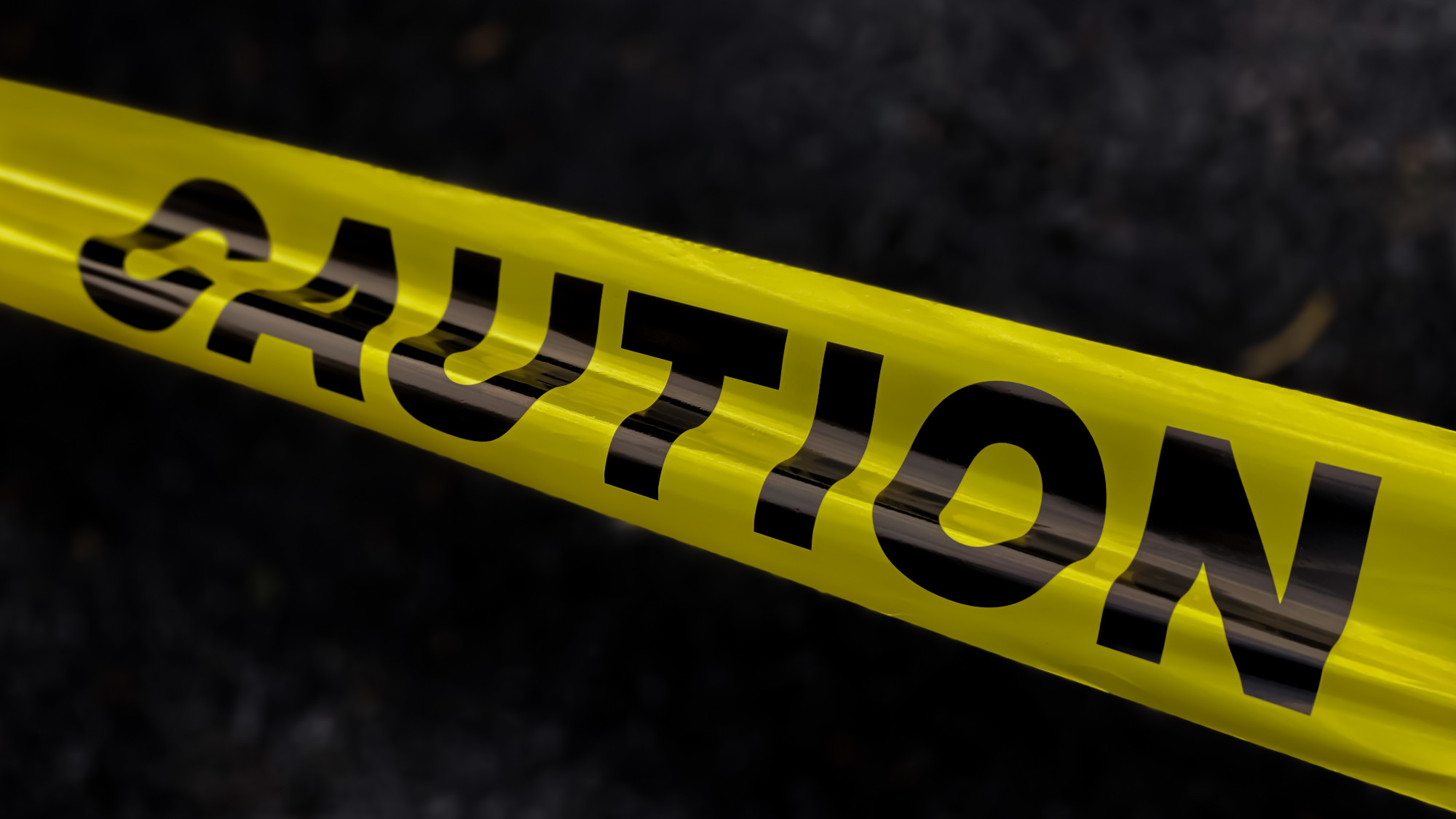 Crime: Why murder rates are plummeting
Crime: Why murder rates are plummetingFeature Despite public fears, murder rates have dropped nationwide for the third year in a row